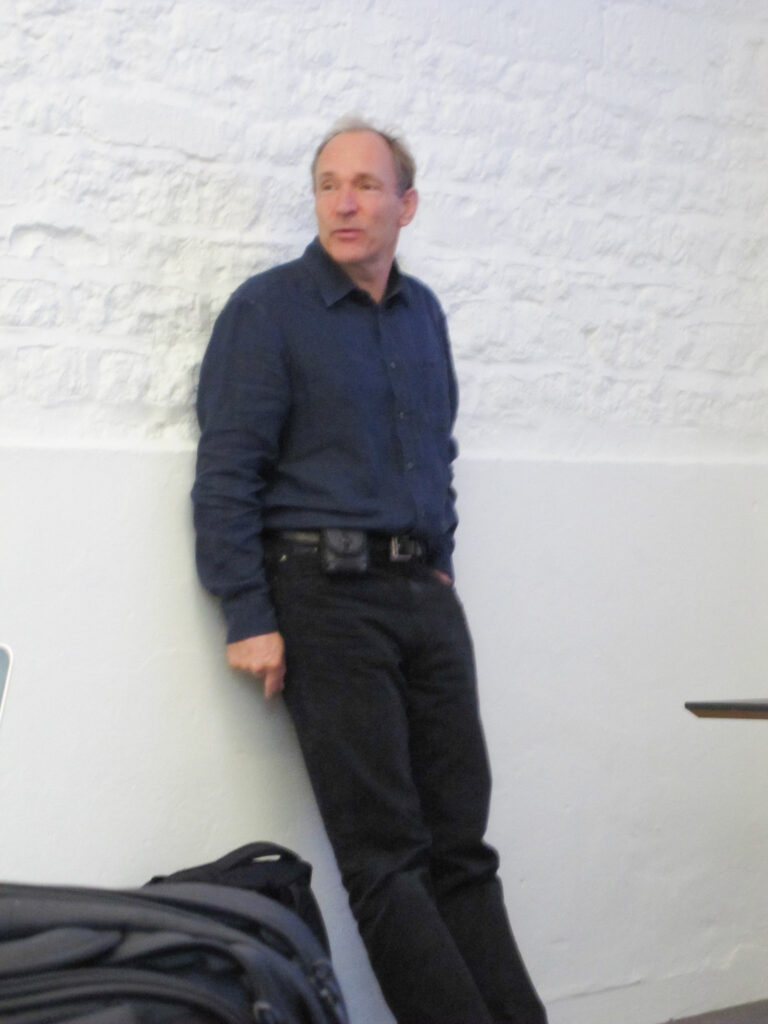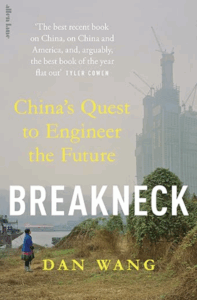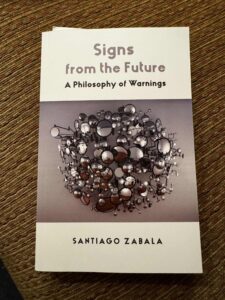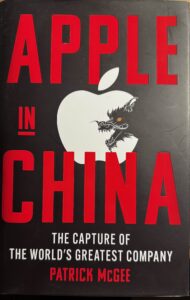Momma Pigeon

In the Summer of 2009, a pair of pigeons decided to have a family in our carport. This is the female, sitting placidly in the nest and paying no attention to her landlords.
Quote of the Day
”I’d rather be vaguely right than precisely wrong.”
- John Maynard Keynes
Musical alternative to the morning’s radio news
Killing The Blues | Robert Plant & Alison Krauss
Long Read of the Day
It’s Giving Enron
Really thoughtful blog post by Dave Karpf which provides an interesting way of thinking about the AI bubble we’re in. There are, he says, three big stories that one can tell about the dotcom crash:
- The first is an overvalued-startup story. Think Pets.com. (and the dot-com crash of 2000.
- The second is a telecom story. Part of the dotcom crash involved telecom firms burning a ton of investor cash, going bankrupt, and then selling off all that bandwidth at bargain basement prices.
- And then there’s the Enron story.
Do read it. The Enron angle is really original, I think, and it sheds a new light on the strange new incestuous relationships the tech companies are entering into with chip manufacturers.
Books, etc.
107 Days, Zero ideas
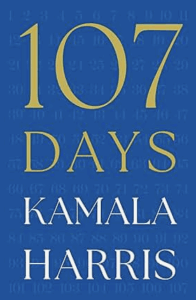
I haven’t read the book, and after this review by Richard Aldous I don’t think I will. It’s a good critical review.
A lot of reading is about serendipity. When 107 Days by former vice president Kamala Harris arrived on the doorstep, I was already reading History Matters—a posthumous collection of essays by that master of presidential biography David McCullough. There he has a brilliant article on Harry Truman, another American vice president who was suddenly thrust into the political limelight—in his case when he became president after the death of Franklin D. Roosevelt in April 1945. “He enjoyed being Harry Truman,” McCullough writes of the new president. “And again and again, he could reach down inside himself and come up with something very good and strong. He is the seemingly ordinary American who, when put to the test, rises to the occasion and does the extraordinary.”
Kamala Harris was the opposite. In so many ways an extraordinary and history-making figure, when she was put to the test she reached inside herself only to find the ordinary. And against Donald Trump that was never going to be enough…
My commonplace booklet
“The AI story is fascinating because of its wild complexity and its propositional stance toward this complexity. When I was reading the book Supremacy by Parmy Olson, I got mesmerized by the motivation differences between DeepMind’s three founders in the early days. “Legg moved in circles where the goal was to merge as many people with AGI as possible, Suleyman wanted to solve societal problems, and Hassabis wanted to go down in history having made fundamental discoveries about the universe.” They started arguing with each other—but the bigger picture they all acknowledged was the world’s complexity outpacing anyone’s ability to control it. AI is deeply embedded in problems that are fundamentally non-linear and unpredictable.”
This Blog is also available as an email three days a week. If you think that might suit you better, why not subscribe? One email on Mondays, Wednesdays and Fridays delivered to your inbox at 5am UK time. It’s free, and you can always unsubscribe if you conclude your inbox is full enough already!






